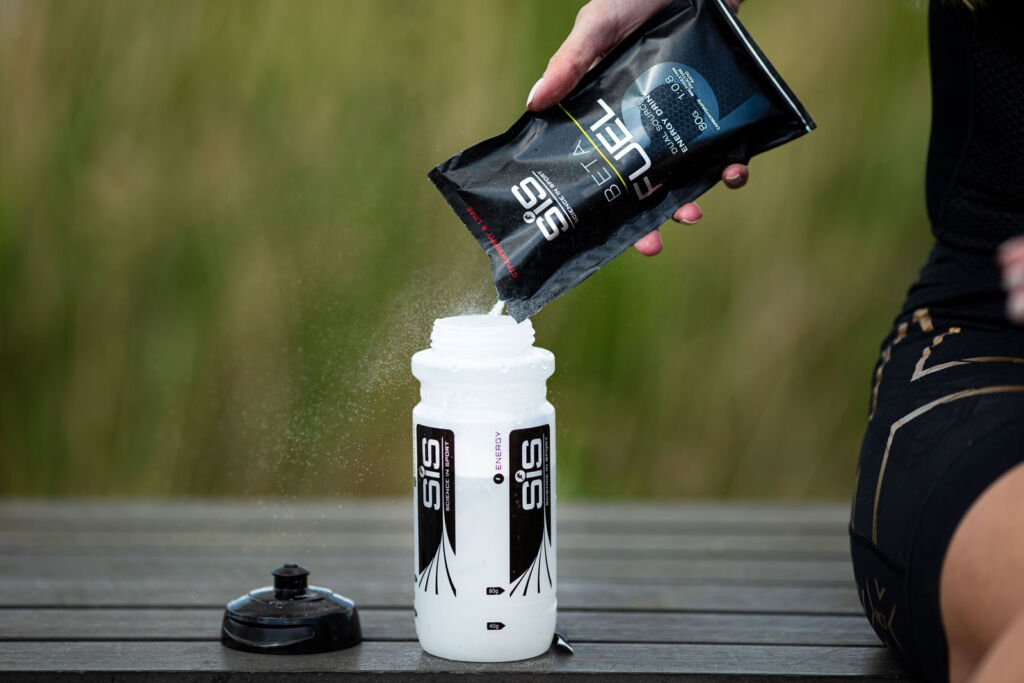
Packed with 40g carbs per gel, Science in Sport is shaking up the endurance sports nutrition industry with its new Beta Fuel Range.
If the Tour de France has you itching to test your own limits in a cycling stage race or endurance challenge, we recommend reading more about Science in Sport’s New Beta Fuel range.
Nutrition can make or break such a feat of endurance. Namely, not getting enough of it.
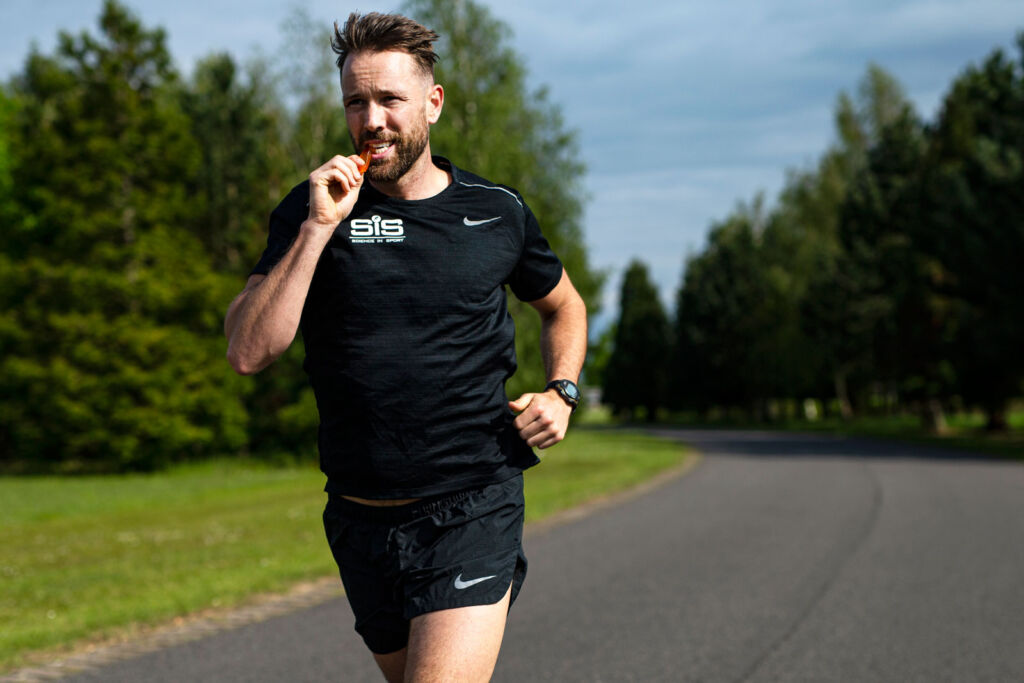
Speaking from experience, remembering to eat isn’t easy, especially if you’re cycling on a technical course or taking on a marathon-length trail run. There’s a lot to remember on events like these.
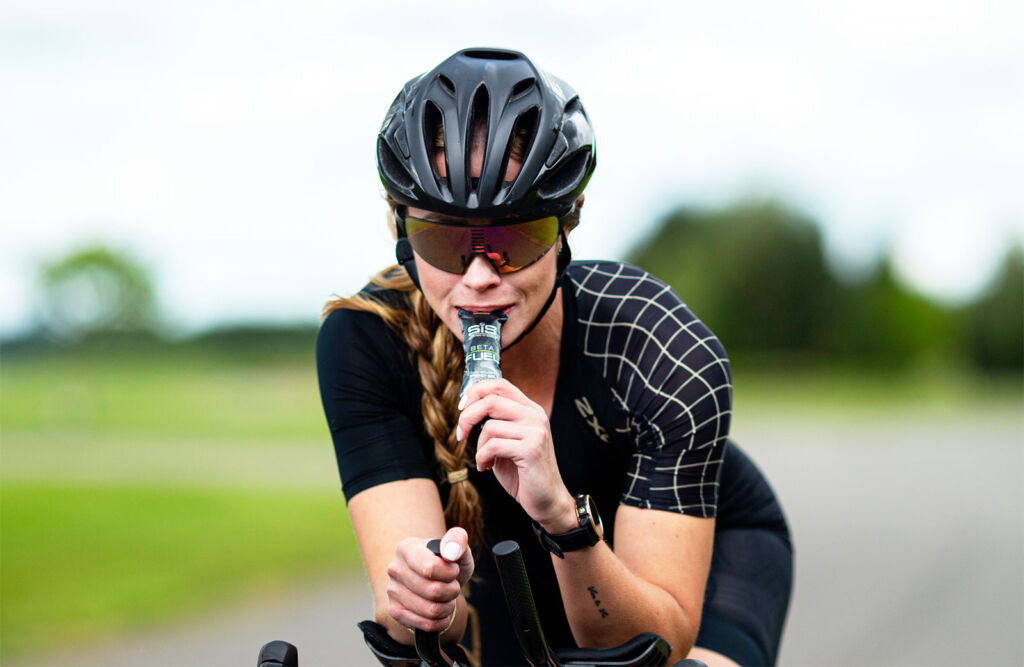
Science in Sport’s new Beta Fuel Range is a game-changing solution for making sure you’re getting enough carbs to fuel you to success. That’s because the new range of carb gels offers double the number of carbs available in other gels currently available. That’s 40g of per gel, to be precise.
The brand’s original Beta Fuel drink has been used in many professional races. Most famously, the product fuelled the victory of Chris Froome in Stage 19 of the 2018 Giro D’Italia.
The updated Beta Fuel product range builds on the scientifically-tested blend of carbohydrate powder, using a new ratio of 1:0.8 maltodextrin to fructose to increase exogenous CHO oxidation by up to 17% when compared to the original 2:1 blend.
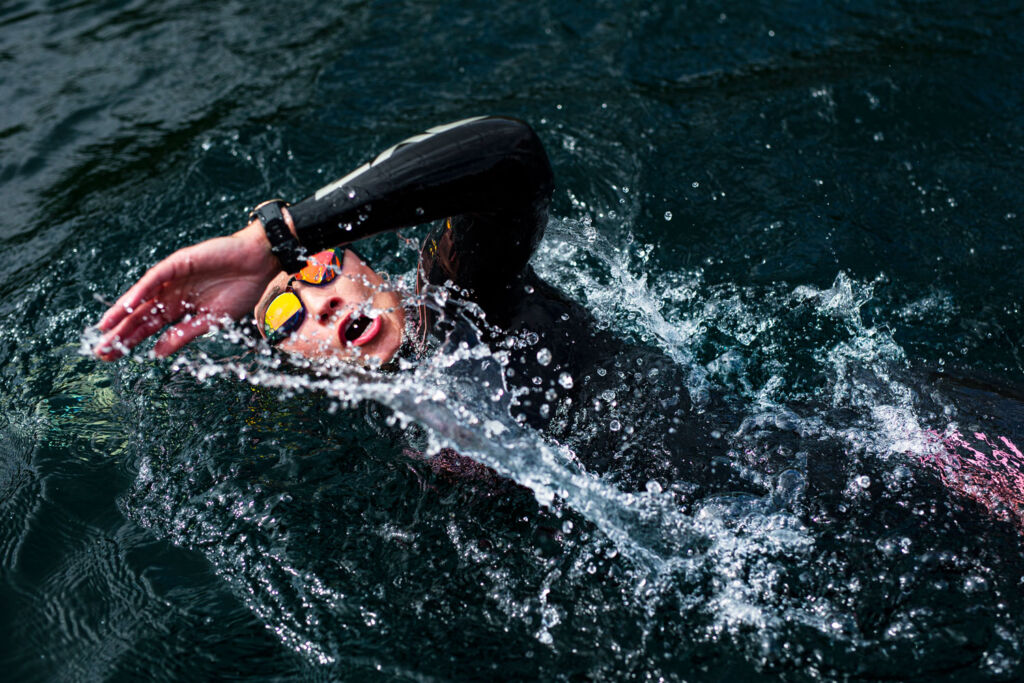
Science in Sport adds: “The newly-researched ratio of 1:0.8 maltodextrin to fructose increases the percentage of ingested carbohydrate that is oxidised – from 62% to 74% – when compared with a traditional 2:1 blend. This allows the body to use up to 90g of carbohydrate per hour, unlocking an endurance athlete’s true performance potential through nutrition.”
The brand has also concentrated on reducing tummy issues with the new Beta Fuel range, a problem that athletes commonly face when using sports nutrition products.
Stephen Moon, CEO of Science in Sport PLC, said, “By utilising the latest scientific research, we have been able to completely change the game when it comes to fuelling endurance athletes. It’s always been a fine art, but we’ve never been closer to perfection than we are now. By adjusting our carbohydrate ratio, optimising carbohydrate delivery, and minimising gastrointestinal issues, our Beta Fuel is now able to take athletes to new heights of performance and enter into an exciting new era of endurance training and racing.”
Professor James Morton, Director of Performance Solutions at Science in Sport, said, “One of the greatest challenges in any sport is to quickly, conveniently, and adequately fuel in the throes of competition. Our science but practical based solution – underpinned by an optimal ratio of maltodextrin and fructose – is the key to Beta Fuel.
We have spent years researching and finessing the optimum carbohydrate delivery system to allow athletes to fuel their best performances. We are confident that our latest product range is the most sophisticated and complete on the market and is set to redefine the way athletes approach endurance sports.”
We’ve been sent the gels and energy drink power to test, so watch this space for the full review.
Science in Sport’s New Beta Fuel Range – Where & How?
Beta Fuel is available as:
- Energy Drink Powder – 80g carbohydrate with neutral pH and isotonic formulation to minimise GI distress
- Gels – 40g carbohydrate including gels with nootropics for improved cognitive function
- Chew bars – 40g carbohydrate; 20g per chew with easy-to-chew formula
You can find out more by visiting www.scienceinsport.com/betafuel.
Read more health and sports articles and guides here.
![]()

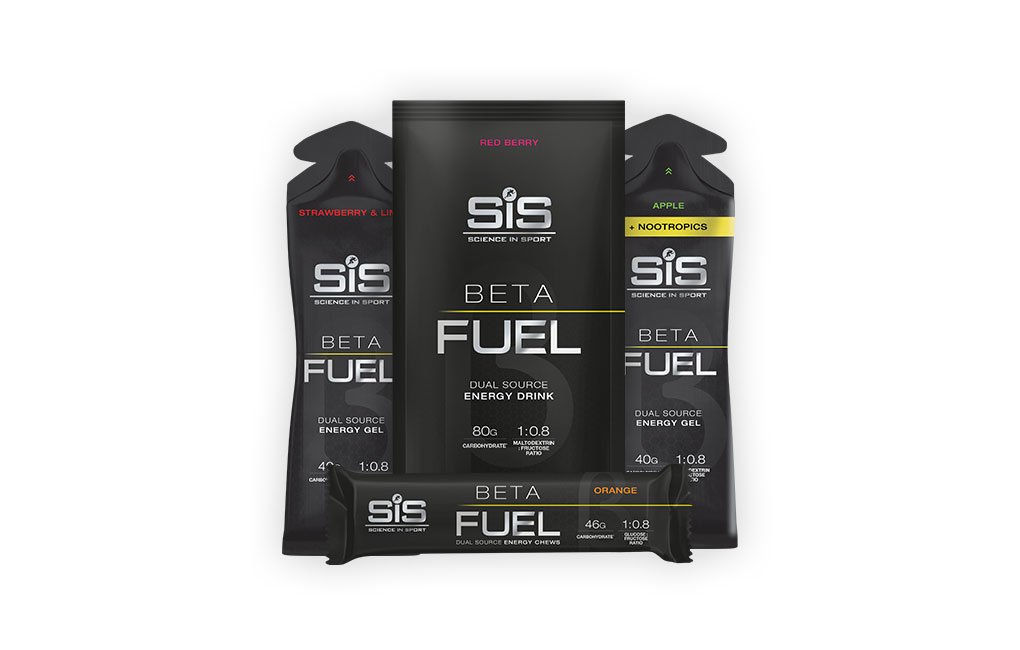
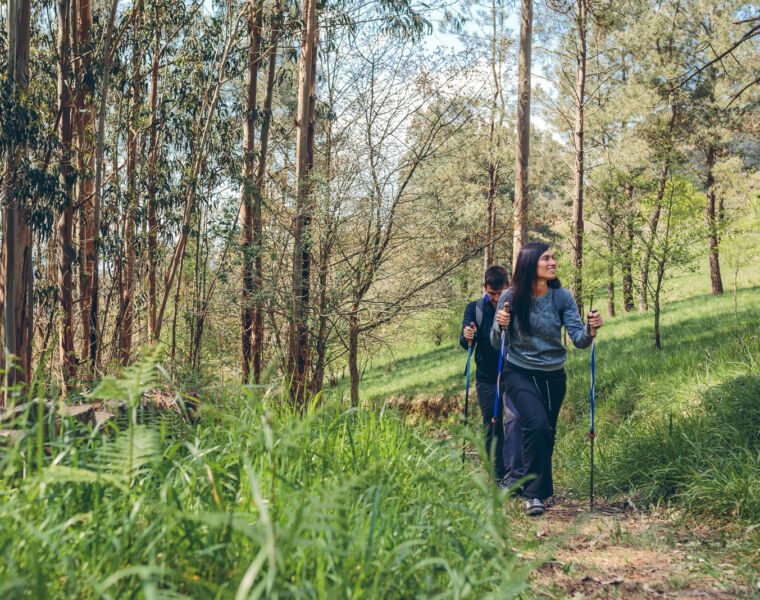


You must be logged in to post a comment.